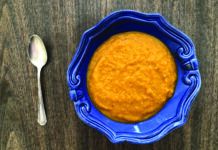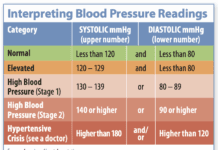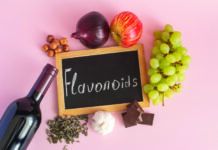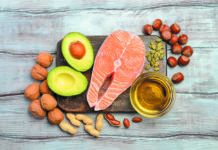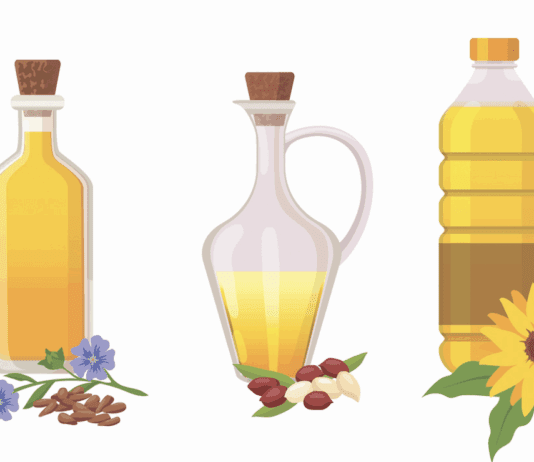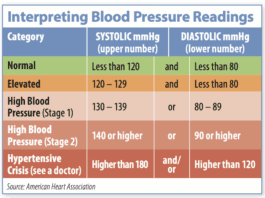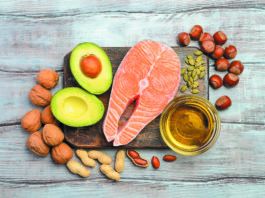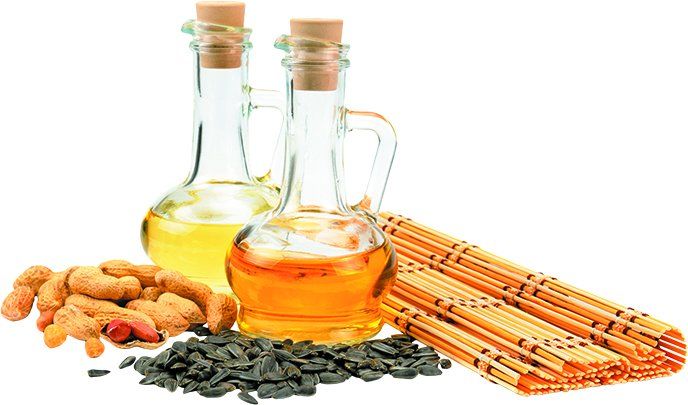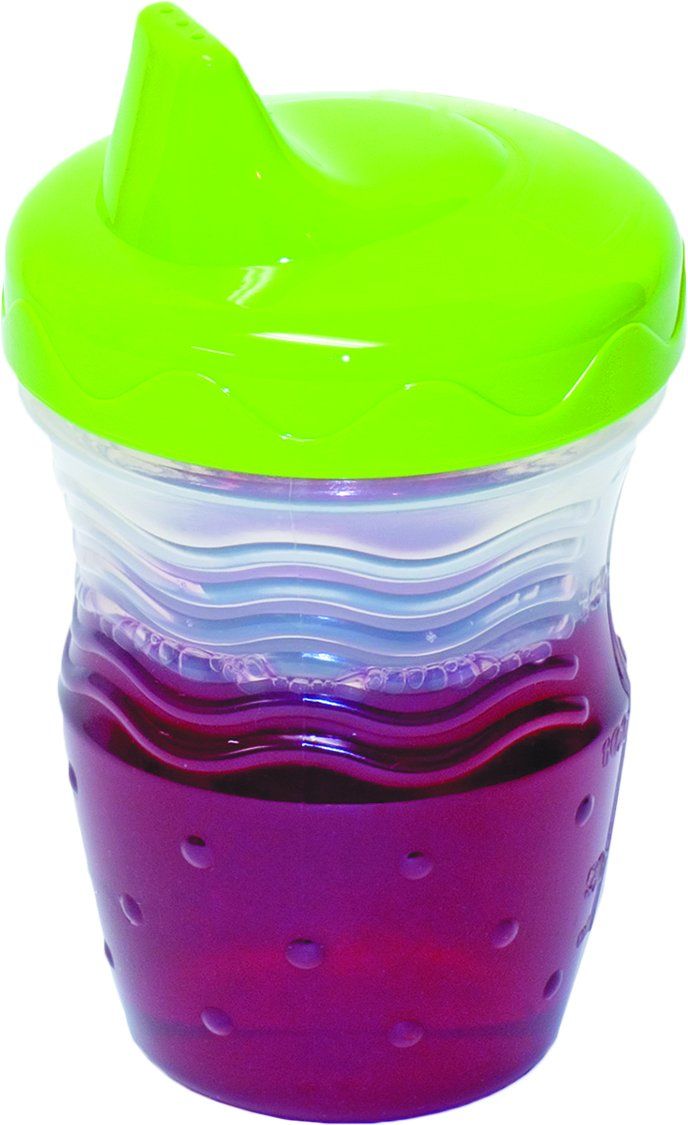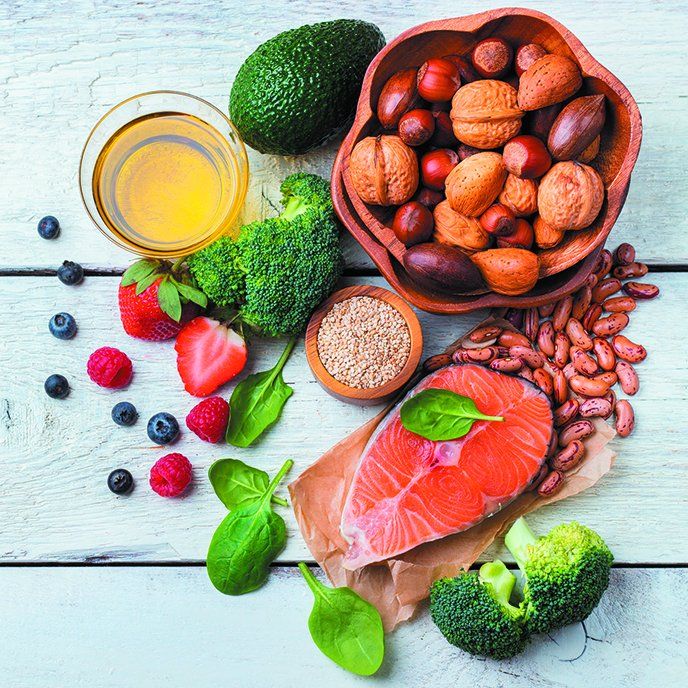Are You Getting Enough Vitamin E from Your Diet?
The vast majority of us fall short of meeting vitaminE recommendations. But, that doesn't mean we have a vitaminE deficiency. Outright vitaminE deficiency is uncommon. And despite shortfalls, the 2015-2020 Dietary Guidelines for Americans did not identify vitaminE as a nutrient of public health concern.
What is High-Oleic Sunflower Oil?
High-oleic sunflower oil is a type of plant oil made from sunflower seeds that have been conventionally bred to be high in oleic acid (a monounsaturated fatty acid) and low in linoleic acid (a polyunsaturated fatty acid). There is a minimum of 80% oleic acid in high-oleic sunflower oil. In comparison, traditional sunflower oil has less oleic acid (around 20%) and more linoleic acid. Both high-oleic and traditional sunflower oils are low in saturated fatty acids. Either type of sunflower oil is a good choice from a cardiovascular standpoint, but the traditional oil is less commonly sold in stores or used by the food industry.
Linking Leisure Screen Time & Mortality Risk
Swapping 30 minutes of daily TV or home computer use (leisure screen time) with activities like leisurely walking, gardening, home improvement projects or formal exercise was associated with a 3 to 13% decreased risk of premature death.
No Juice Before Age 1 Says New Advice from Pediatricians
Grandkids or kids at home? Note new advice from the American Academy of Pediatrics (AAP). The group revised its stance from no juice before 6 months old to no juice before one year old.
Watch Portions of Packaged Foods Marketed as Healthy
Portion-controlled packs of indulgent fare like cookies and chips may help people avoid overdoing such foods. A new study in the Journal of Business Research suggests such package cues may help us avoid overeating healthier foods, too.
Do Salty Diets Trigger Hunger?
You may find salt makes you thirsty, but over the long run excess salt could cause your body to conserve water, so you actually drink less, according to two new studies in The Journal of Clinical Investigation. The underlying processes may make you hungry and raise disease risk.
Sweet Drinks: Bad for Your Brain?
Could a sugary-drink habit - or the diet beverages you may consume instead - harm your brain? One recent study showed that regularly drinking sugary beverages, like soda and fruit drinks, was associated with signs of brain aging and declining memory.
Diet Causing 300,000+ Annual Cardiovascular & Diabetes Deaths
We're often told to eat better to ward off risk of disease and dying early. In that effort, knowing which eating habits to focus on could be helpful. Findings from a new study in JAMA show the large potential impact of 10 dietary factors on Americans' risk of dying from heart disease, stroke or type 2 diabetes. These three conditions encompass the term cardiometabolic disease.
Do Probiotics Help Gums and Teeth?
Any such potential benefits of probiotic supplements in the oral cavity would depend upon whether they are appropriate to the specific oral problem at hand. That means having the right bacterial composition, dosage level and vehicle for delivery, which may be either directly to oral tissues (for example, by injecting them under the gums or providing them in chewing gum or dissolvable lozenges) or indirectly via salivary or bloodstream effects of a swallowed supplement.
Physical Activity Is Anti-Inflammatory
Physical activity is good for your heart, but why? A big reason may be its role in lowering inflammation.


